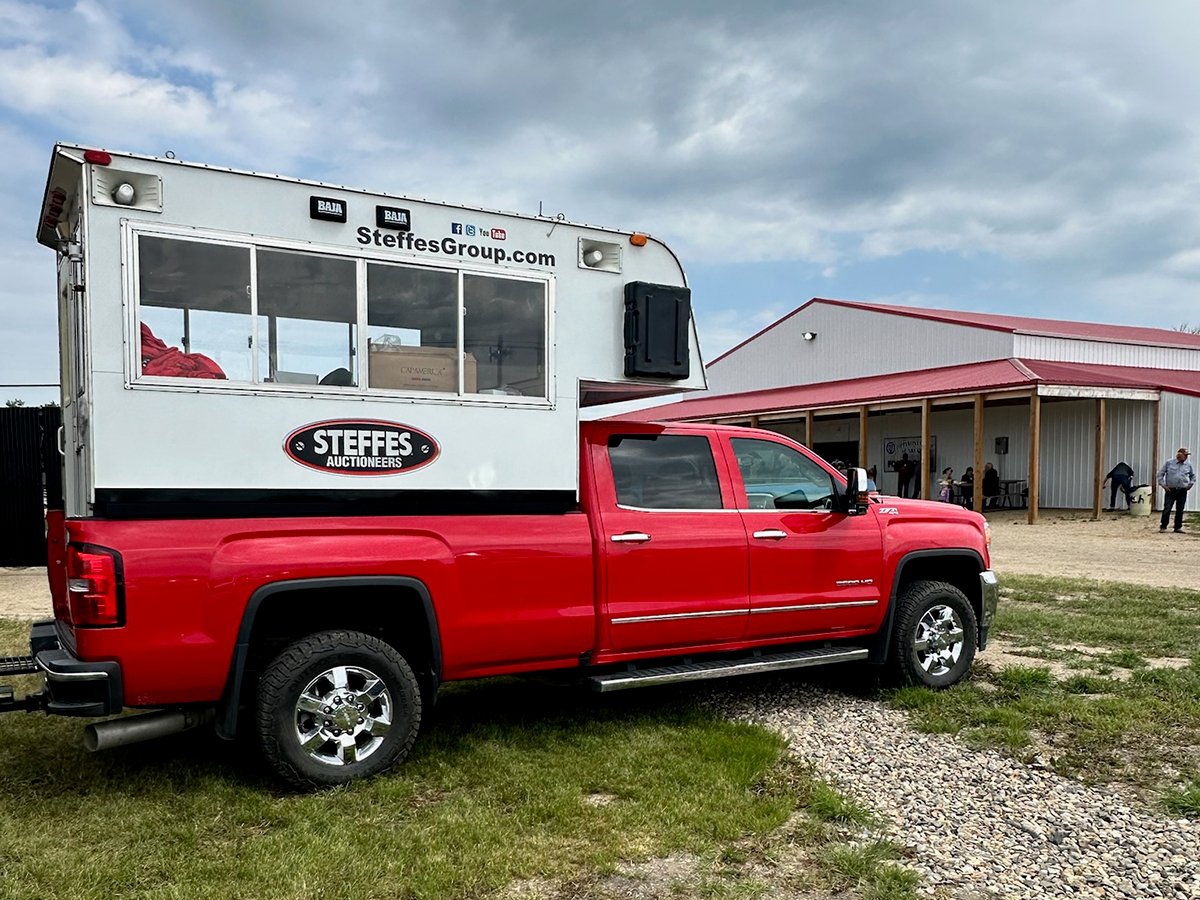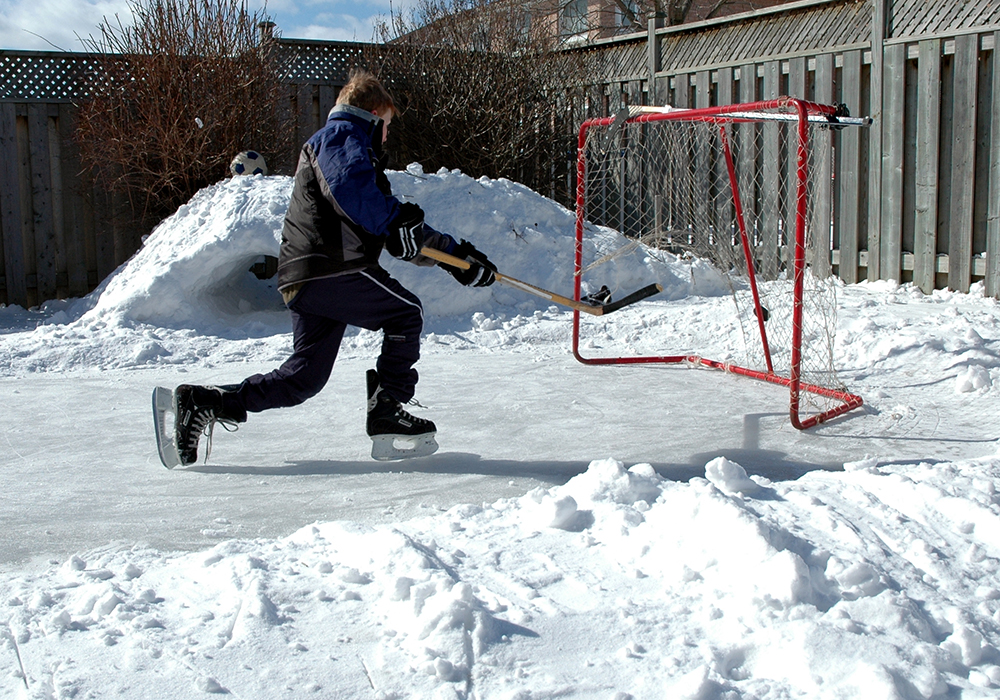Q: We have two sons, ages 15 and 13. Both are good hockey players, but that is where the similarity ends.
One of our boys, the oldest one, is not just a good hockey player, he lives and breathes hockey. He spends hours on our backyard rink, skating circles with his hockey stick, imagining himself in any number of scenarios and figuring out how best he can stick handle his way through the challenge of playing on a winning team.
Our younger boy is a good hockey player too, but he is not committed to the game. He can take it or leave it, playing hard sometimes, but only rarely.
Read Also

Farm auctions evolve with the times
Times have changed. The number of live, on-farm auctions is seeing a drastic decline in recent years. Today’s younger farmers may actually never experience going to one.
He is usually just good enough to see his way through a couple of weekly hockey games and the occasional practice. We would like to see our younger boy exude the same passion for hockey as his older brother but we are not sure how to go about getting him to do so.
It seems to us that whatever it is that our older son has, be it in hockey or his determination to get 100 percent on a math quiz, it is the stuff of success. We want both of our boys to be successful, not just the older one. Without nagging and making a scene, how best can we help our younger son?
A: I think you are talking about something called competence. Sometimes it is difficult to understand what competence is about, but if I think of that adage that says, some people get wet, others walk in the rain, I can come close to what it is.
Being competent is more than just doing something well. It is having that belief that one can make a difference in the world; be that world confined to a classroom or a hockey rink. It is the power of determination mixed with the delight of creativity. If you add a bit of personal energy to the formula you might have it.
You cannot teach competence. It is something that comes from away down inside of the self. But you can either encourage it or discourage it. It is the cell of self-esteem, just as so much of personal strength is, and when you are nurturing the love of self in your children you are also nurturing competence.
The worst thing you can do is stifle competence through interference and judgment, which some parents are so often tempted to do.
I am reminded of our great Canadian poet, Irvine Layton: “beauty buds from mire, and I, a singer of the season, note that death is but beauty not in use”.
To better help your younger son, you can talk to him. Give him the freedom to become the person God and nature intended him to be.
Don’t worry about his final mark in his math class, or whether he is scoring goals for his hockey team. Your concern is the power and the compassion he is developing in whatever he shows an interest in. The more you reward him by listening without judgment to what he says or does, the more likely it is that he will find the competence he needs to reach his own glory. Think about it.
That is actually, without knowing so, what you did with your oldest son and look at how competent he is. It works for both of them. Good luck.
Jacklin Andrews is a family counsellor from Saskatchewan. Contact: jandrews@producer.com.















